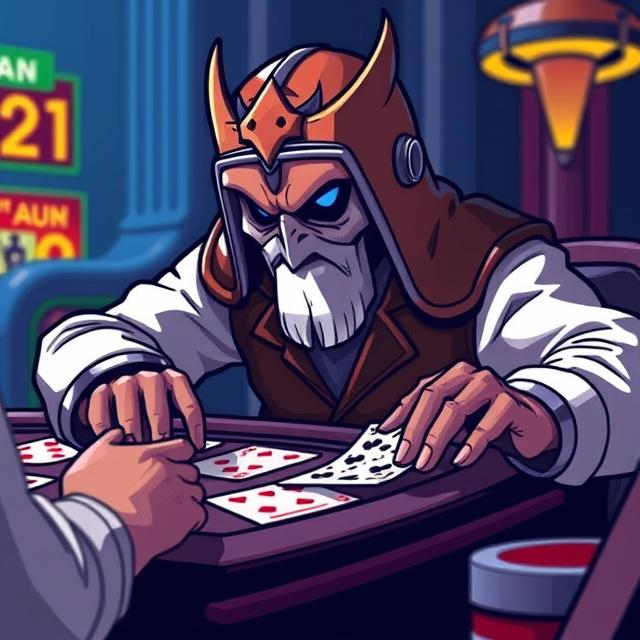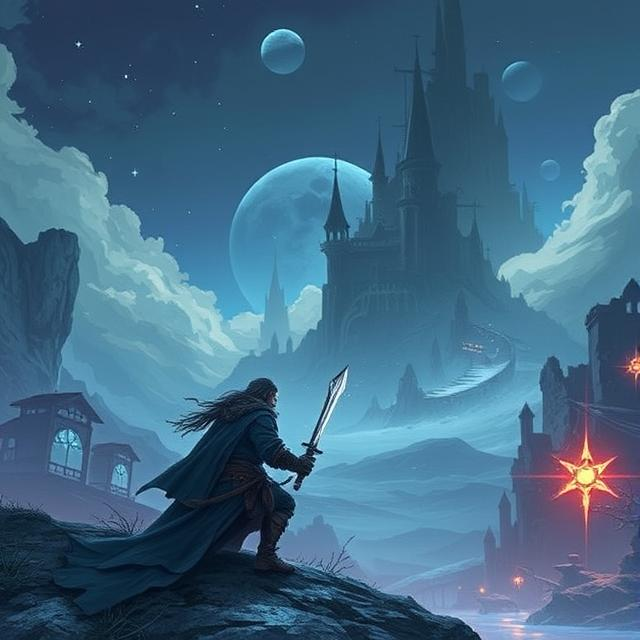Role-playing games (RPGs) are renowned for their rich storytelling and character-driven narratives. These games invite players to immerse themselves in vast worlds, take on complex roles, and interact with fascinating characters. However, what makes RPGs particularly compelling is how their narratives often go hand in hand with gameplay mechanics to create a more immersive experience. In this article, we’ll explore how game narratives enhance the mechanics in RPGs.
1. Character Development and Player Choices
In RPGs, character progression often ties closely to the narrative. As players explore the world, they not only grow stronger but also develop their character’s personality and story arc through their choices.
- Dialogue and Morality Systems: Games like The Witcher 3: Wild Hunt and Mass Effect use dialogue choices to shape the narrative and the player’s relationships with other characters. These decisions have consequences that affect the game’s story and even the ending, making the player feel as though their choices truly matter.
- Skill and Ability Progression: Character development in RPGs is also reflected in gameplay mechanics. As players advance through the game, they unlock new abilities or skills that complement the narrative. In Skyrim, for example, a player’s ability to level up skills like magic or combat is intertwined with their journey and personal growth as a character.
2. Quest Design and Story Integration
RPGs excel at creating story-driven quests that enhance the gameplay experience. These quests don’t just serve as objectives; they also deepen the lore and expand the game’s world.
- Main Story vs. Side Quests: RPGs typically feature a main storyline, but side quests play an equally important role. In many cases, side quests are intricately designed to reveal more about the game’s world and characters. For example, in The Witcher 3, side quests often delve into personal stories or provide additional layers to the main narrative, making the world feel more alive.
- Narrative-Driven Combat: In RPGs, combat isn’t just about defeating enemies—it can also be tied to the narrative. For example, a battle with a specific enemy could have emotional significance based on the player’s connection to that character. This makes every fight feel like a part of the greater story, enhancing the overall experience.
3. Worldbuilding and Immersion
The narrative in RPGs helps build a sense of immersion that makes the game world feel real and worth exploring. A well-crafted narrative gives players a reason to care about the world they inhabit, leading to a deeper investment in the game’s mechanics.
- Environmental Storytelling: Many RPGs use environmental storytelling to convey narrative without relying on dialogue. In Dark Souls, for instance, the world itself tells a story through its design, such as the ruins of ancient kingdoms, the remains of past battles, and cryptic messages left by other players. This method of storytelling makes the game world feel like an integral part of the narrative.
- Faction and Reputation Systems: In RPGs, players often align themselves with factions, and these relationships can affect both the narrative and gameplay. For example, in Fallout: New Vegas, the choices the player makes with different factions influence not only the outcome of the story but also how characters interact with the player.
4. Emotion and Investment
The power of a game’s narrative lies in its ability to emotionally invest players in the game world. When players become attached to characters, storylines, and outcomes, the mechanics of the game feel more impactful.
- Emotional Story Arcs: Games like Final Fantasy VII or The Last of Us use deeply emotional narratives to connect players with their characters. The emotional highs and lows of these stories create a powerful connection between the player and the game, making every victory feel more rewarding and every defeat more painful.
In conclusion, the synergy between narrative and gameplay mechanics is what makes RPGs stand out in the gaming world. By integrating character development, story-driven quests, worldbuilding, and emotional investment, RPGs create rich experiences where every action has meaning. This combination of storytelling and gameplay is what keeps players coming back for more.


